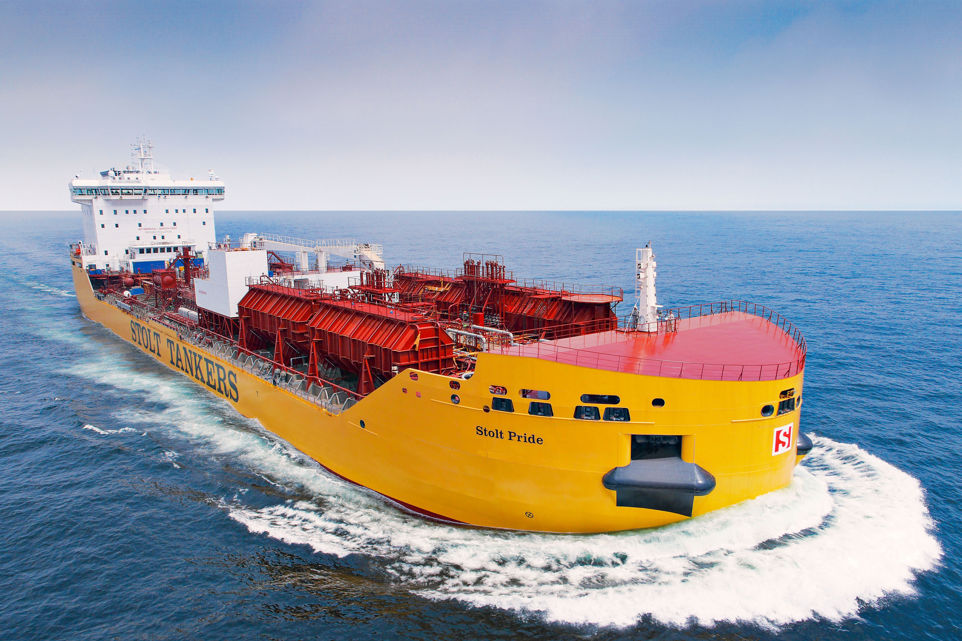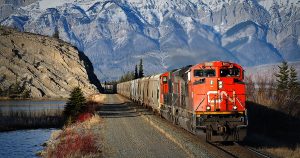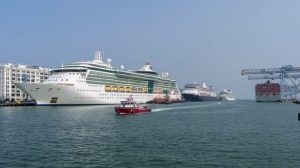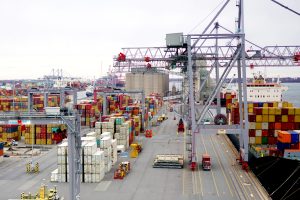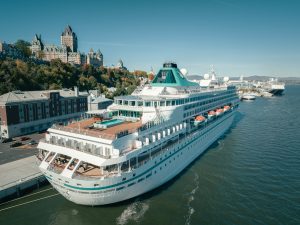Stolt Tankers has announced that it has taken a major step to help protect whales and other cetaceans.
Its ships regularly navigate through several locations around the globe where large marine animals live and feed. These include south of Sri Lanka, the north-west of the Mediterranean Sea, the waters around Vancouver Island and the east coast of the US.
In line with guidance from the International Maritime Organization (IMO) and other experts in the field of marine animal welfare, Stolt Tankers ships traveling through these areas will modify their routes and reduce their speed by 20% to minimise the impact of shipping on the whale population and reduce the likelihood of physical injuries due to collisions.
In addition, to protect endangered blue whales and other cetaceans off the coast of Sri Lanka, ships will modify their navigation to 15 nautical miles south of the current traffic lane.
Lucas Vos, President, Stolt Tankers said: “We believe that Stolt Tankers has an important role to play in protecting the oceans that are the lifeblood of our business. By reducing our voyage speed from 12.5 knots to 10, we can significantly help to reduce the risk of ship collisions with whales.
“I am proud that we have taken another step on our sustainability journey, and in supporting the UN Sustainable Development Goal which is focused on protecting life below water. By raising awareness of these issues, I hope it encourages others in the maritime industry to follow suit in helping to conserve and protect our oceans and marine wildlife.”
In addition to the threat of direct strikes from ships or their propellors, underwater noise from maritime traffic interferes with the ability of marine animals to transmit and receive acoustic information. This can affect their ability to feed, communicate, rest, reproduce and navigate their usual migratory routes. Steaming at slower speeds also reduces underwater noise.
Stolt Tankers has several other projects underway to help protect marine wildlife, including minimising the biofouling of the hulls and propellors of its fleet. This reduces noise as the more smoothly the hull and propellors move through water, the less noise-producing bubbles (cavitation) are made. By making these small changes, Stolt Tankers can make a real difference for these endangered species.
It is estimated that there are some 1,000 whale strikes off the coast of Sri Lanka each year. Not only is this detrimental to the survival of the species, it also has a wider impact on the health of marine life generally.
Whales are an essential part of the ocean food chain. They ensure that one species does not overpopulate the ocean and even contribute to the removal of damaging CO2 from the atmosphere. Whale excrement is an important nutrient for phytoplankton, which removes about 10 billion tonnes of CO2 from the atmosphere each year.
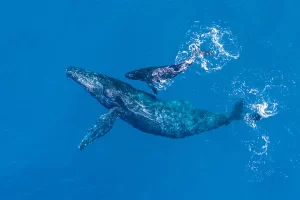
(Photos from Stolt Tankers)


